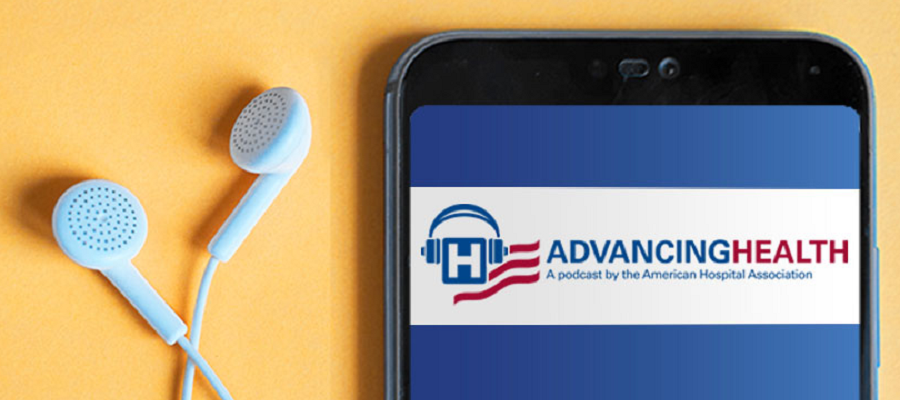
In a letter led by Sens. Robert Menendez, D-N.J., and Kevin Cramer, R-N.D., a bipartisan group of over 30 senators urged the Centers for Medicare & Medicaid Services to consider reevaluating the proposed payment update in the inpatient prospective payment system final rule, expressing concern that the proposed updates do not fully account for the current cost of care and will result in an overall payment reduction for hospitals in fiscal year 2024.







